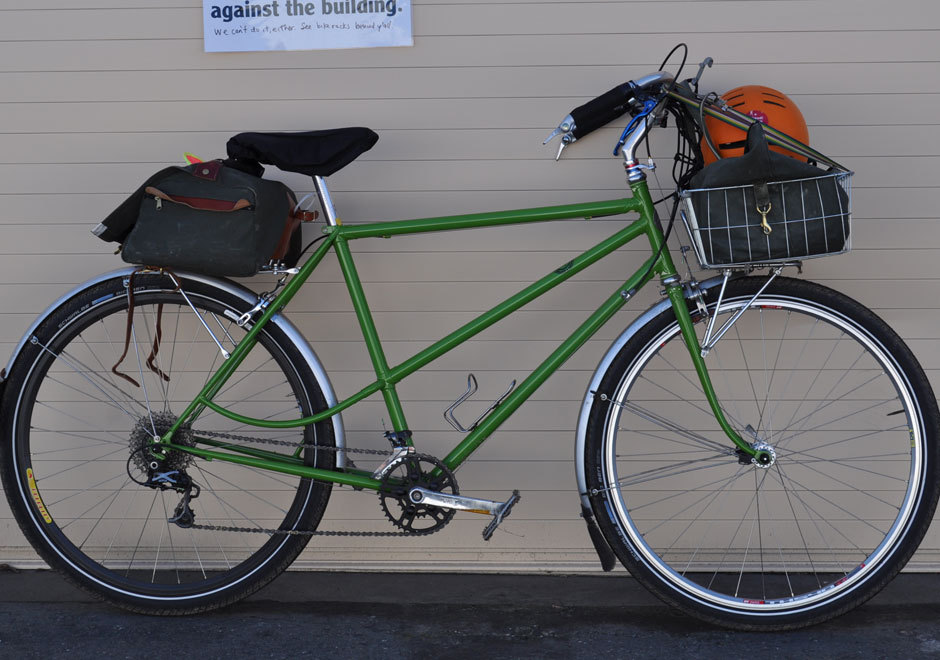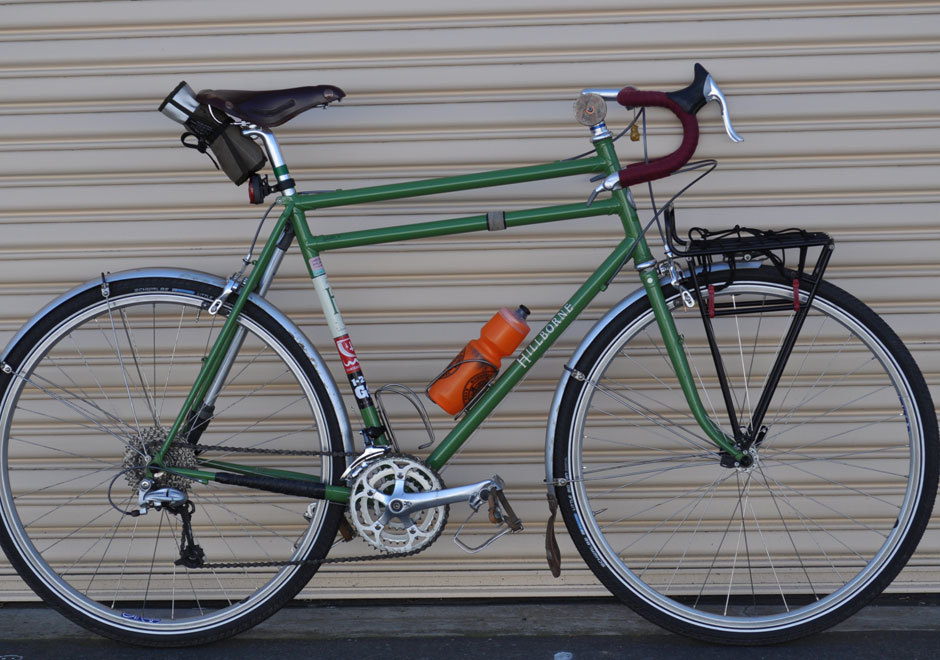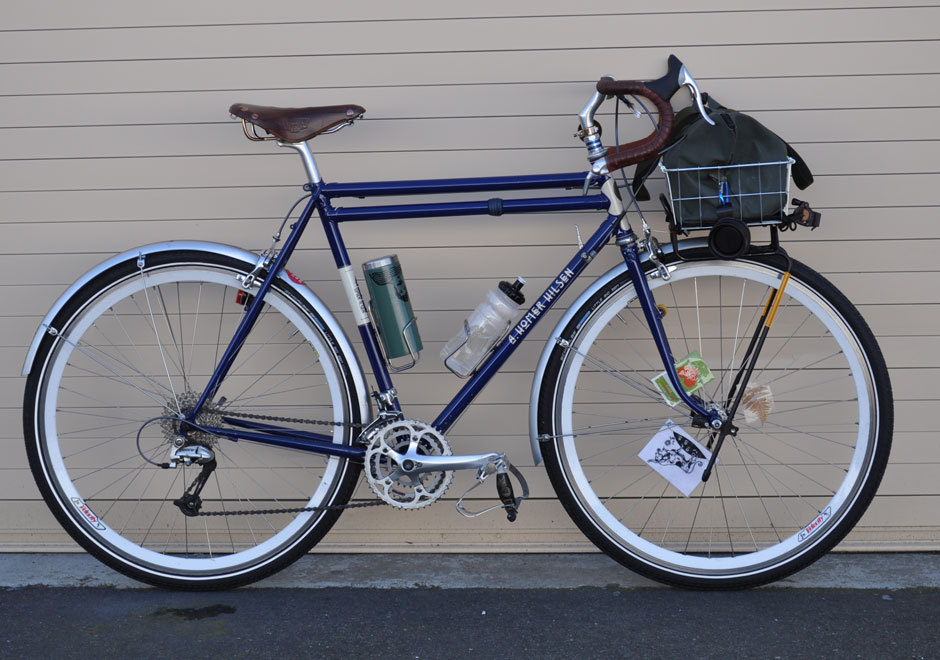



From the Rivendell website
Rivendell Trivia
Trivia about our name As you may have guessed, the Rivendell part came from The Lord of the Rings. In Middle Earth, Rivendell was an elfin sanctuary where weary travellers could rest in safety, and where elves made light, smooth, flexible things things that didn't break and did repel arrows. But I'm not obsessed with elves and dwarves and hobbits and goblins. The book is great, but there's more behind our name than the book. You see, in the early to mid-70s there was a mountaineering equipment company called Rivendell Mountain Works. It was started by a fellow named Larry Horton, who is now a doctor of Chinese medicine, practicing in New Mexico. Anyway, RMW's approach to mountaineering packs, tents, and equipment in general struck a chord with me. I used it, liked it, and it shifted my thinking about equipment interference, function, and things like complexity and simplicity and features. How much should the gear do for you? If success with a rope requires you to know how to tie a knot, is it a bad rope? That sort of thing. RMW's flagship product was the Jensen pack, a mountaineering pack that lacked not only a frame, but padding, too. It was designed by climber Don Jensen, who later died in a bicycle accident in Scotland. The Jensen pack proved that a big pack not only didn't require an external frame, but that with the right design, was better off with no frame at all. Empty, you could wad it up into a ball. Full and on your back, it was so well balanced you could turn cartwheels. But as is often the case with good things, it didn't fly in Dubuque. It was too radical, with no frame, no padding. It did create a stir in the inner circles of pack design and manufacturing, though, and in the late '70s it spawned a zillion "not quite Jensen packs" that weren't as radical, pushed the right buttons to achieve mass appeal, and were made by companies big enough to handle the manufacturing, promotion, and distribution essential to commercial success. Little old Rivendell Mountain Works couldn't compete, and in about 1979, closed its door (one door; it was housed in a vacated tiny church in Victor, Idaho) for the last time. Naming Rivendell Bicycle Works after Rivendell Mountain Works was a way of keeping us on track. It was something to live up to, at least in my mind. RMW didn't make goofy things, and wasn't impressed by chintz and flash, and I think we aren't, either. At no time in its brief history did it exaggerate claims, cave in to market pressures, or veer off the path it started on. Any business guru will tell you it's important, especially in these times, for a modern business to be dynamic, flexible, quick to change at a moment's notice. Lead, don't follow kind of stuff. But who's leading if everybody is? The last thing we're going to do is what everybody else does, and the last thing they'll do is introduce lugged steel frames. I know they're going to exist, and I hope we can, too. Passion & commitments & beliefs aside, I am sure our continued existence will depend on a good amount of inflexibility and dogmatism, and will turn some people off. Some good customers will outgrow us and won't like that we don't take the path they're taking. As much as I wish it were the case and as hard as it may be to believe that it isn't, inflexibility and dogmatism alone just aren't enough. Now and then, we need an order from you. -Grant

No comments:
Post a Comment